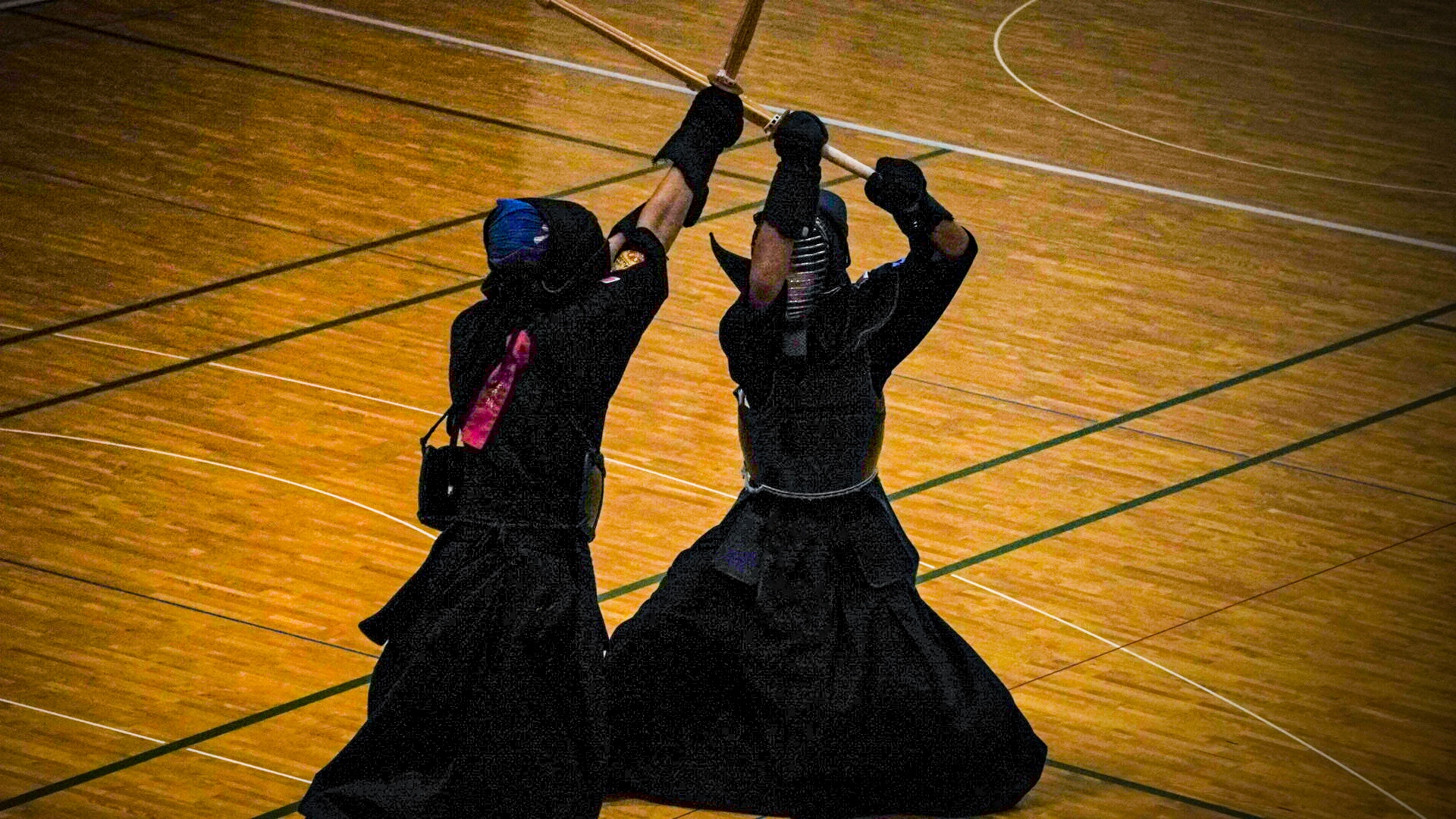The shifting spirit: From martial art to Olympic sport
The Tokyo 2020 Olympics were an unforgettable event. Japan finished in third place on the medal table, largely thanks to the medal rush in Judo, the country’s national forte. I was particularly reminded of the unique spirit of the martial arts by Shohei Ohno, who won gold in the 73 kg competition.
Ohno never raised his fist or even smiled after winning his matches, a posture meant to show profound respect and consideration for his opponent. Before Judo was selected as an official Olympic event, this controlled display of emotion was the norm. While the Olympic spotlight seems to have changed the situation for many—and now we see wrestlers reveal their emotions—Ohno’s disciplined approach showed us that the martial art spirit, in essence, is anti-sport.
Kendo: The way of life that bans joy
Do you know of another major Japanese traditional martial art? It’s Kendo, where practitioners fight using bamboo swords (shinai). Kendo boasts even more players than Judo in Japan and has grown popular abroad, particularly in Korea, Taiwan, and China. Yet, it steadfastly refuses to become an Olympic sport.
It is widely said that the All Japan Kendo Federation is fundamentally opposed to Olympic inclusion because they believe Kendo is not merely a sport but a “Way of Life” (Do).
The rules that prevent Olympic inclusion stem directly from this philosophy. For example, making any pose to express joy after winning a match, such as raising a cry or a fist, is explicitly prohibited and can lead to the point being judged invalid. It is truly a fascinating idea: a competition that penalizes the natural expression of victory.
The soul of the samurai: Respecting the tools
What makes Kendo even more complex (and unique) is the requirement that players pay deep respect to their tools. The bamboo swords are made of thin bamboo strips bundled by string. If the string loosens during a match, points can be deducted—not just for safety, but because the shinai is regarded and treated as a real Japanese sword, the soul of the samurai.
Similarly, it is strictly prohibited, even during practice, to step across bamboo swords placed on the floor. Now, you begin to see how this is not a sport to be won, but a ritualistic Way of Life to be practiced.
This deep-seated reverence for the instruments of one’s craft is a core pillar of Japanese culture. It has long been thought essential to pay respect to and take meticulous care of one’s tools in order to master something.
The Kendo spirit in the factory: A humble legacy
After reflecting on the philosophical barrier that prevents Kendo from becoming an Olympic sport, where does this grand cultural analysis lead a humble furniture maker like myself?
The very same spirit of respect for tools lies beneath our furniture manufacturing process here in Hokkaido. In our factory, every tool is put back in its place immediately after the day’s work is finished. Moreover, our craftspeople take the initiative to clean, maintain, and repair their tools on their own time.
I believe this is not just a matter of efficiency; it is an extension of the Kendo spirit—the understanding that mastery requires a humble partnership with the tools that enable our creation. It is the recognition that the tools, like the shinai or the crafting plane, hold a piece of the craftsman’s soul. (I suppose that means we are all still samurai at heart, just armed with saws instead of swords.)


Shungo Ijima
He is travelling around the world. His passion is to explain Japan to the world, from the unique viewpoint accumulated through his career: overseas posting, MBA holder, former official of the Ministry of Finance.

